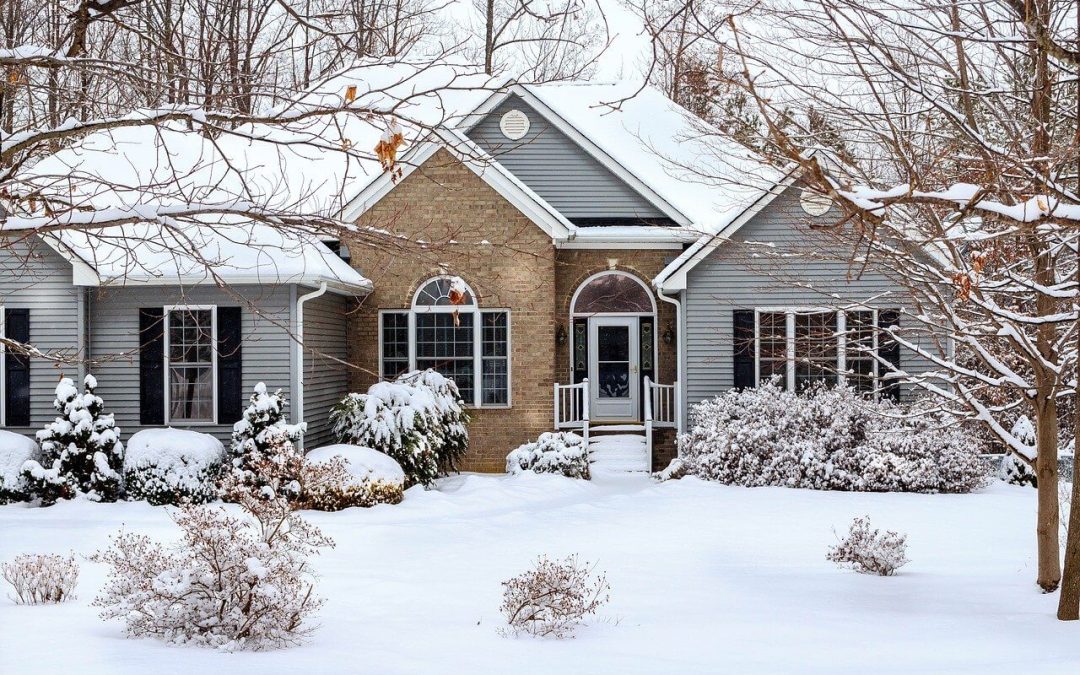Plumbing leaks and water damage can be a disaster in a home. Moisture causes structural issues and contributes to mold growth. When temperatures outside drop below freezing, the water in your plumbing system can freeze, expand, and damage the pipes. Protect your plumbing in winter and you’ll reduce the risk of burst pipes, leaks, and flooding. Here are a few things you can do to keep the water lines safe.
Keep the House Warm
The warmth of your home is usually enough to keep most interior pipes from freezing. When the temperatures drop outside, leave the heat on in your home, even if you’re away. Set the thermostat no lower than 55° F and open sink cabinet doors. This will allow warm air to circulate around the pipes and help prevent freezing.
Protect Your Plumbing in Winter With Insulation
If you have pipes that run through unheated areas of your home, cover them in foam insulation. In places like the garage, basement, and attic, the pipes are more likely to freeze. In especially cold areas, install a heat cable on the pipe before covering it in foam insulation. A heating cable plugs into an outlet and provides steady warmth to your plumbing pipes.
Turn on the Tap
When the weather forecast warns that temperatures will be below freezing, slightly open the tap if the pipe supplying it is on an exterior wall of your home. When water freezes, it expands. Letting the faucet drip will help reduce pressure within the pipe. Even a slow trickle of water will help prevent freezing and burst pipes. If the temperatures in your area frequently drop below freezing, you may begin to notice an increase in your water bill, but the increase will be minimal compared to the price of replacing burst pipes and repairing water damage.
Close the Garage Doors to Protect Your Plumbing
Even if you don’t spend a lot of time in your garage, make an effort to close the door in the winter. Keeping the door closed will help prevent pipes in that area from freezing. On especially cold nights it may be necessary to run a space heater in the area to keep the water supply lines flowing. Before turning on the heater, place it away from any other objects and remove any flammable items and household chemicals that you may have stored in the garage.
District Home Inspection offers inspections to homebuyers and sellers in the Washington D.C. area. Contact us to request our services.

